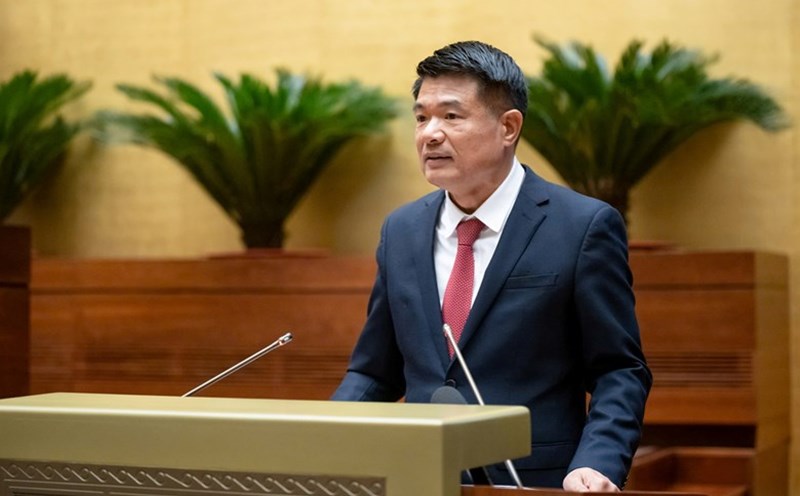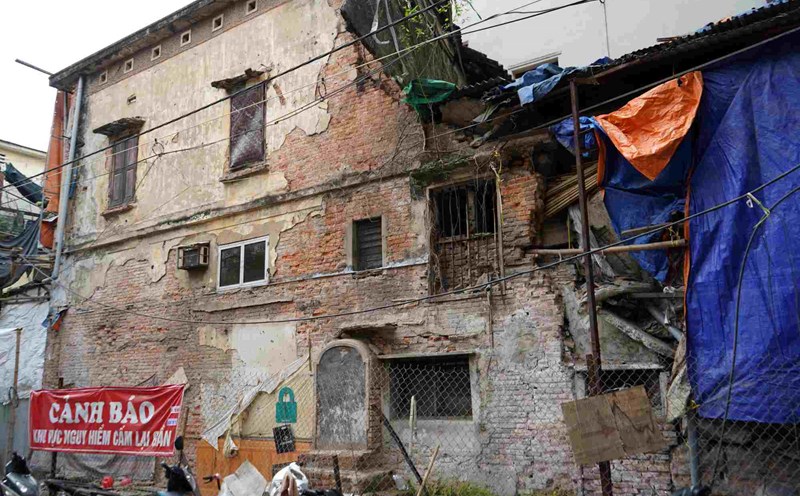Inadequate infrastructure
When launched, public bicycles in Ho Chi Minh City quickly attracted people because of their convenience and low cost. The rental price was only 5,000 VND for 30 minutes, 10,000 VND for each hour. Initially, the success of Ho Chi Minh City inspired many other localities to deploy public bicycles such as: Vung Tau, Quy Nhon, Hanoi, Hai Phong, Da Nang. However, after the initial period of attracting users, public bicycles in Ho Chi Minh City gradually fell into a state of being deserted, especially on weekdays.
According to Lao Dong reporters, many public bus stations in District 1 are "dormant", with only a few young people occasionally renting bikes on weekends. Many residents said they are not interested in public bicycle services due to unsuitable weather conditions and traffic infrastructure.
Mr. Tran Ngoc Thanh - an office worker in District 3 - shared: "HCMC does not have a dedicated bicycle lane, traffic jams are constant, plus the hot weather makes using a bicycle an unattractive option."
Mr. Do Ba Quan - Chairman of Tri Nam Digital Transport Service Joint Stock Company (investor), said that the biggest barrier to this service is not the weather but the lack of support policies. "The climate in Ho Chi Minh City is much more pleasant than in Hanoi or the Central provinces" - Mr. Quan commented.
After nearly 3 years of operation, public bicycles in Ho Chi Minh City have about 250,000 registered accounts and according to statistics, the number of users has decreased by about 70-80% compared to the first stage.
Mr. Do Ba Quan explained: "Initially, many people wanted to experience the service, but now they only use it when they really need it. Moreover, the scope of public bicycles is too small, only limited to District 1, so the number of users is still limited. If this service is expanded to other districts, the situation will be better."
Ensuring safety and infrastructure is key
In May 2024, the Ho Chi Minh City Department of Transport announced 80 new locations in District 1 and District 4 that are eligible for public bicycle stations to meet people's travel needs. However, Mr. Do Ba Quan said that despite the potential for development, this service cannot be expanded because the company is suffering losses.
"The city's policy of charging sidewalk fees for public bicycle stations creates great financial pressure. Current revenue is too small, if we have to pay additional sidewalk fees, development will be even more difficult" - Mr. Quan shared. He also suggested that if Ho Chi Minh City has more preferential policies for public bicycles, ensuring low prices and expanding scale, this type of bicycle will have potential for development.
Dr. Tran Quang Thang - Director of the Ho Chi Minh City Institute of Economics and Management, assessed that cyclists in the city are facing high risks and dangers when having to share traffic space with other vehicles such as motorbikes and cars.
Mr. Thang gave the example of elderly people using bicycles who can easily lose control in unexpected situations such as large vehicles honking from behind. Therefore, he suggested that the city should prioritize building separate lanes for bicycles.
Research on priority lanes for bicycles
The Ho Chi Minh City Department of Transport is assigning the Road Traffic Infrastructure Management Center to research and organize routes with priority bicycle lanes in the central area and along Metro Line 1. This plan will include a diagram connecting metro stations, urban areas, tourist attractions, and commercial centers, creating an interconnected traffic network. The Department also noted the need to fully arrange signs, paint lines, and safe connection points at intersections.











